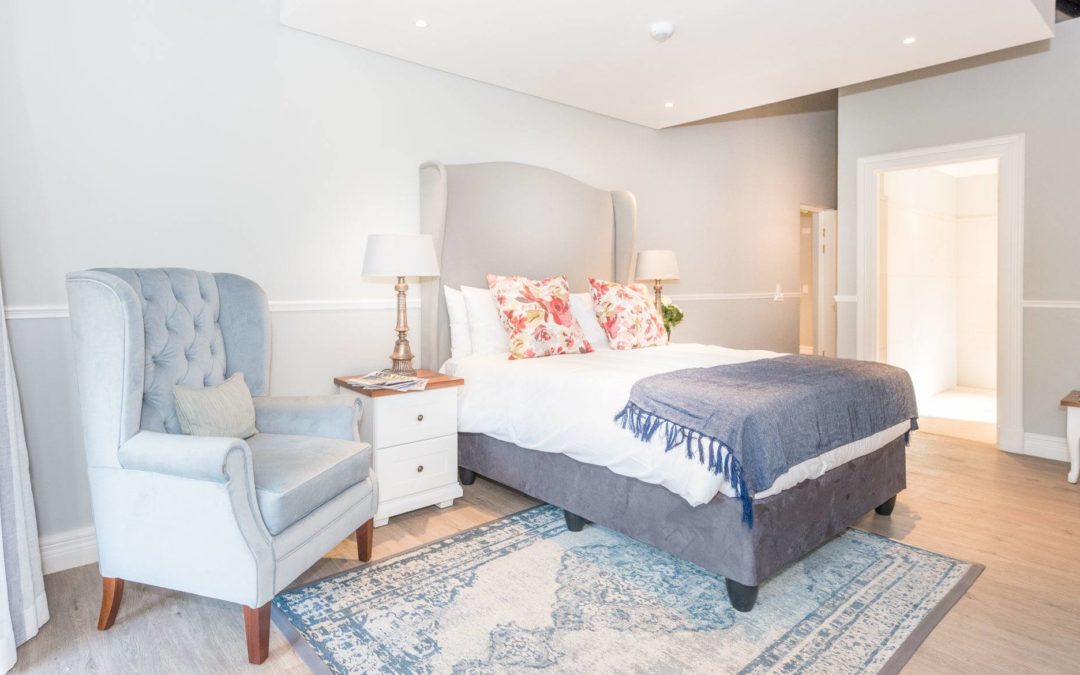At a recent dementia support group there was a general feeling that more loved ones with Dementia preferred a smaller room when moving into a facility. Families of persons with Dementia usually prefer the bigger rooms, but is this always the best option?
Depending in their personal life history, a person with Dementia may feel very overwhelmed with bigger spaces, thus having a smaller, simpler environment can contribute to their well-being.
Possible reasons may be:
- Smaller spaces and rooms have a safer feeling especially when moving into a new facility; they are more predictable and easier to have control over.
- Bigger spaces with furniture and windows mean more shadows and dark spaces, which has been linked to sun downing.
- Smaller spaces make it easier for the resident to find the door, bathroom, etc. and there are fewer opportunities for overstimulation and disorientation.
- Clutter poses a threat for falls and the more available space, the more possibility for clutter.
- Having everything in close proximity is easier to access and organise.
- Persons with dementia tend to become extra anxious when faced with the unfamiliar. This could be a room, a person or a place – even food!
- Persons with dementia find a new environment very challenging which causes a lot of anxiety; having a smaller unknown room may be easier to adapt to as compared to a larger unknown room. It is often easier to familiarise yourself with a smaller space versus a large open space.
- Persons with dementia usually have visual perceptual challenges such as a loss of peripheral vision or not being able to interpret objects (visual agnosia), this places them in a vulnerable position, having a large open room may be more difficult to interpret than a smaller, simpler space.
Lou-Ann van Heerden
Occupational Therapist
